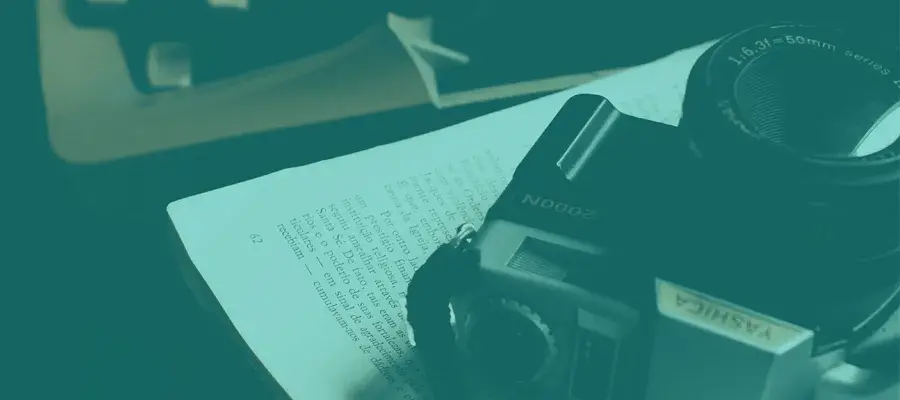About the seminar
The Edinburgh Film Network presents our next research-in-progress seminar, the second in a regular series of events bringing together the many diverse strands of film-related research throughout the wider University.
The FREE seminar is open to all interested academics and postgraduate students from across the wider University of Edinburgh. The intention is to present research in progress – work still in motion, at a formative point - within a warm, collegiate environment, and in doing so to explore the different strands of film-related research taking place within the university. Organised by Dr Jamie Chambers (ECA) and Dr David Sorfa (LLC), our aim is to present a diverse spectrum of research perspectives on film and the moving image, exploring theoretical and practical outputs – and those in between.
Take me to Eventbrite to book my ticket
Programme
10:00 - 10:20
Welcome and introduction: Dr Jamie Chambers (ECA) and Dr David Sorfa (LLC)
10:20 - 11:00
Professor Marion Schmid (LLC): For an Intermedial New Wave
How did the French New Wave engage the older arts – literature, the performing arts, painting, architecture, photography – in its critical discourses and creative practice? And how can intermediality help us cast fresh light on this seminal moment in film history? Zooming in on Jean-Luc Godard’s Alphaville (1965), this paper will illuminate the relations between literature and film in one of the movement’s iconic works.
11:00 - 11:40
Dr Pasquale Iannone (LLC): The Colour of Film Noir: Desaturation and the enduring formal legacy of Jean-Pierre Melville
French filmmaker Jean-Pierre Melville is best known for his existential crime thrillers Le samourai (1967) and Le cercle rouge (1970) as well as his chronicles of life under Nazi Occupation such as 1969’s Army of Shadows. As expected for works that deal with such lugubrious – and often tragic – themes, Melville’s colour films are notable for their strikingly desaturated colour palettes, with pale blues, greys and browns dominating their visual design.
Through detailed analysis of Melville’s work, his pronouncements on colour as well as scholarly work on the filmmaker, this paper will explore the enduring formal legacy of Melville, with a focus on the use of desaturated colour.
11:40 - 12:10
Coffee
12:10 - 12:50
Dr Nichola Dobson (ECA): “Scroogin on a Greg”: the absurd in Scottish animated comedy
Within the larger landscape of Scottish comedy, there occurs a particular type of absurdist, black humour that plays with language and Scottish tradition (such as in Burnistoun and The Limmy Show). Scottish animation, though not a clearly defined industry or history as such might be considered under the same lens.
Looking in particular at the web animation from recent Edinburgh graduates, Will Anderson and Ainslie Henderson, this presentation will seek to situate the featured animated series within this landscape asking what is particular to this type of comedy.
12:50 - 13:30
Professor Richard Baxstrom (SPS): TBC
13:30 - 14:30
Lunch
14:30 - 15:10
Professor Noe Mendelle (ECA): Documenting the Bijagos
Earlier this decade myself and a small film crew spent many months over a 5 year period living and filming the Bijagos, a tribe in Guinea Bissau. Most of the footage was shot in a straight-forward ethnographic style, to discover who Bijagos are and follow their transformation into modernity. However the process of editing keeps raising questions about what is real and what is constructed.
In this paper I explore and share the tensions I am wrestling with between creativity and reality. Where does the truth lie?
15:10 - 15:50
Dr Louise Milne (ECA): Dreams on screen: Mnemosyne (2017), Eidolon (2018), Afterlife (2020)
In this paper I will explore the recent filmmaking practice that has led me to make a trilogy of short experimental films each exploring the theme of memory and dreams. These short works are each constructed from super8 documentary footage, using texts drawn from my research on the history of dreams and nightmares.
16.00 Finish


